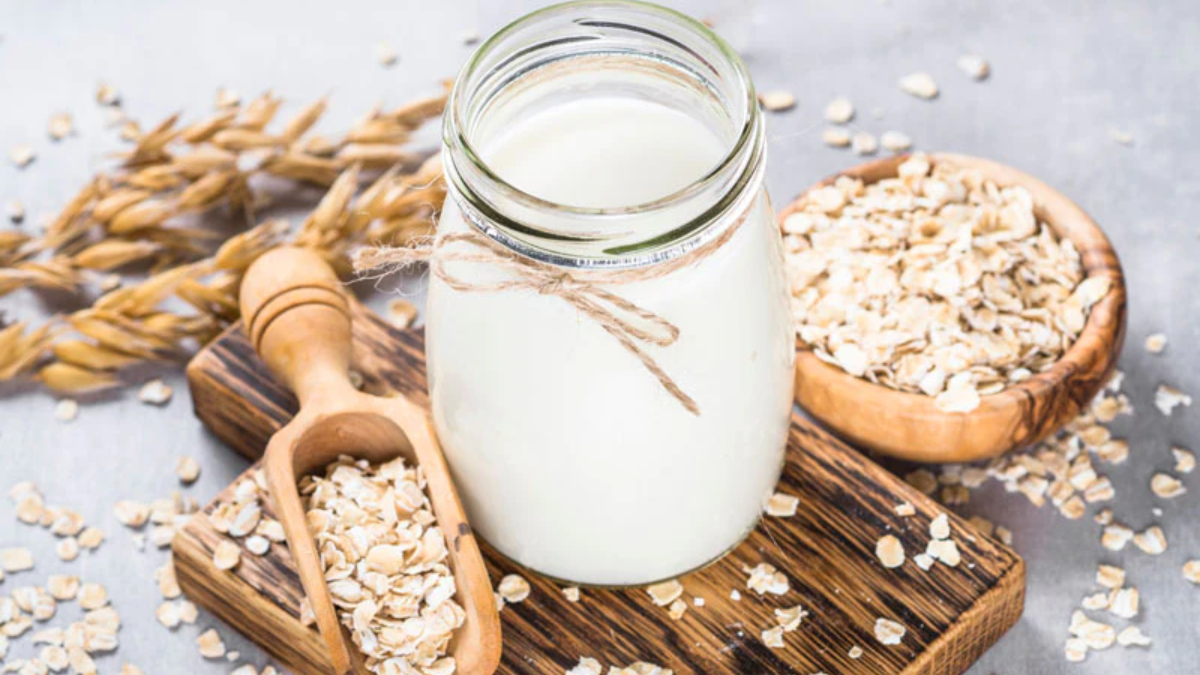In 2019, like many others, 23-year-old Kate made the switch from dairy to oat milk primarily for environmental reasons. “I was a big oat milk girlie, for environmental reasons for the most part, but also for health,” she explains. “I wasn’t eating meat for the environment as well.”
At that time, veganism was on the rise, and concerns about the health implications of soy milk, coupled with the environmental impact of almond milk, paved the way for oat milk to soar in popularity. With its creamy texture reminiscent of cow’s milk, oat milk quickly became the preferred dairy alternative, witnessing a staggering 100% increase in sales between 2019 and 2020.
“We were all [my friends] drinking oat milk back then – our uni house fridge had about six cartons at a time,” Kate reminisces.
Almost overnight, oat milk became ubiquitous in coffee shops, transitioning from a niche choice for vegans to a mainstream favorite. Spearheaded by Oatly, a Swedish company that pioneered oat milk in the early 1990s, the oat milk frenzy reached such heights that shortages were reported in 2021.
However, recent reports and viral social media posts have cast doubt on oat milk’s once pristine image. Once hailed as a nutritional powerhouse, oat milk is now criticized by nutritionists for allegedly causing blood sugar spikes, bloating, skin issues, and being protein-deficient, equated to little more than sugary water.
A TikTok video by actor Andrea Valls titled “cow’s milk when she hears you’ve quit oat” encapsulates this shift in sentiment. “Well, well, well,” Valls jests, embodying a character donned in fur coat and fake cigarette. “Look who’s come crawling back… Had enough of her spiking your glucose, have you? I should have known what you were up to from the start, all them years ago. Stopped ordering me in your Costa; started ordering her instead.”
Sales data reflects this cultural shift, with Oatly experiencing minimal growth in volume in the UK compared to its peak in 2019-2020.
“I realized it was more unhealthy for me than I initially thought, particularly its impact on blood sugar and energy levels,” Kate reflects. “Being inherently lazy, I found dairy to be the easiest way to meet my nutritional needs.”
